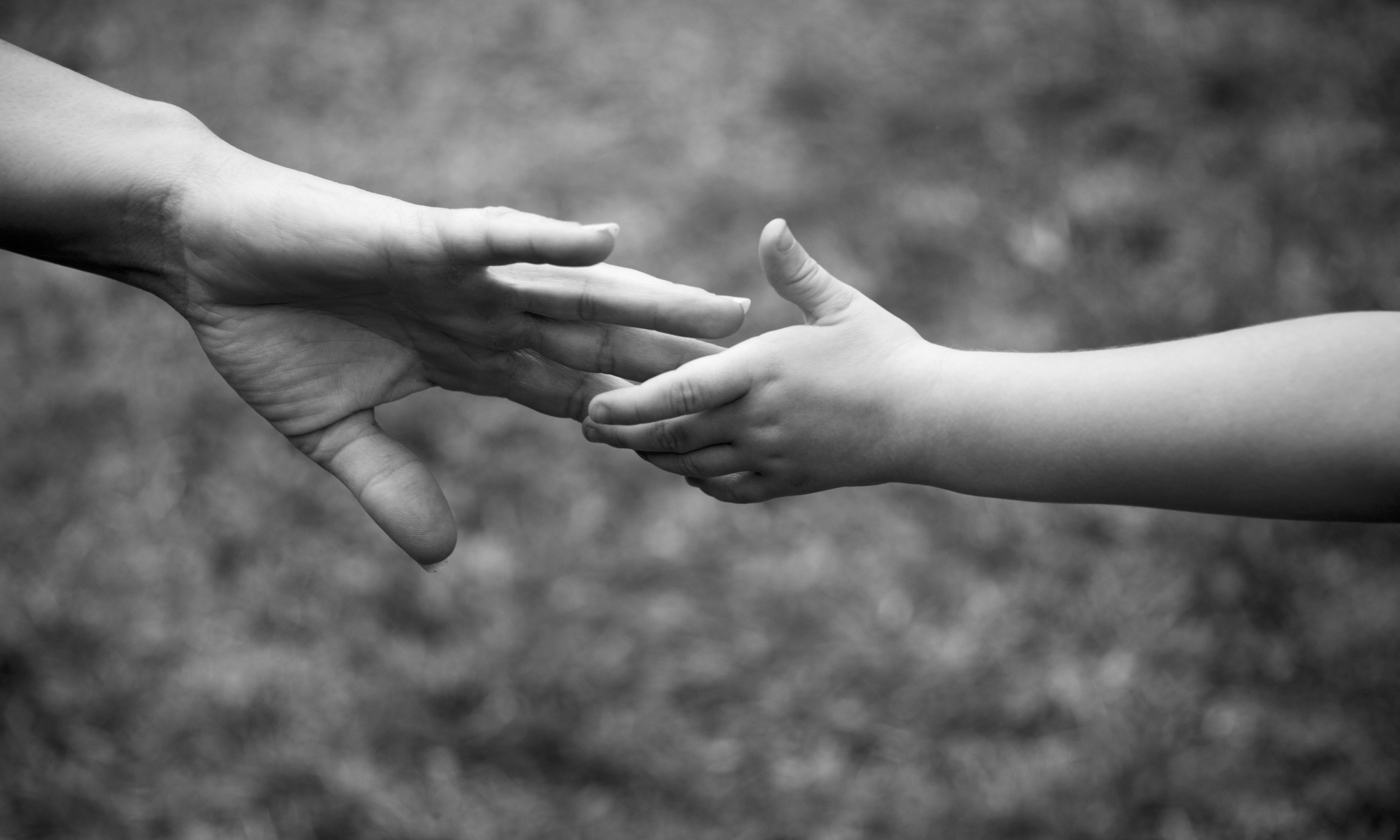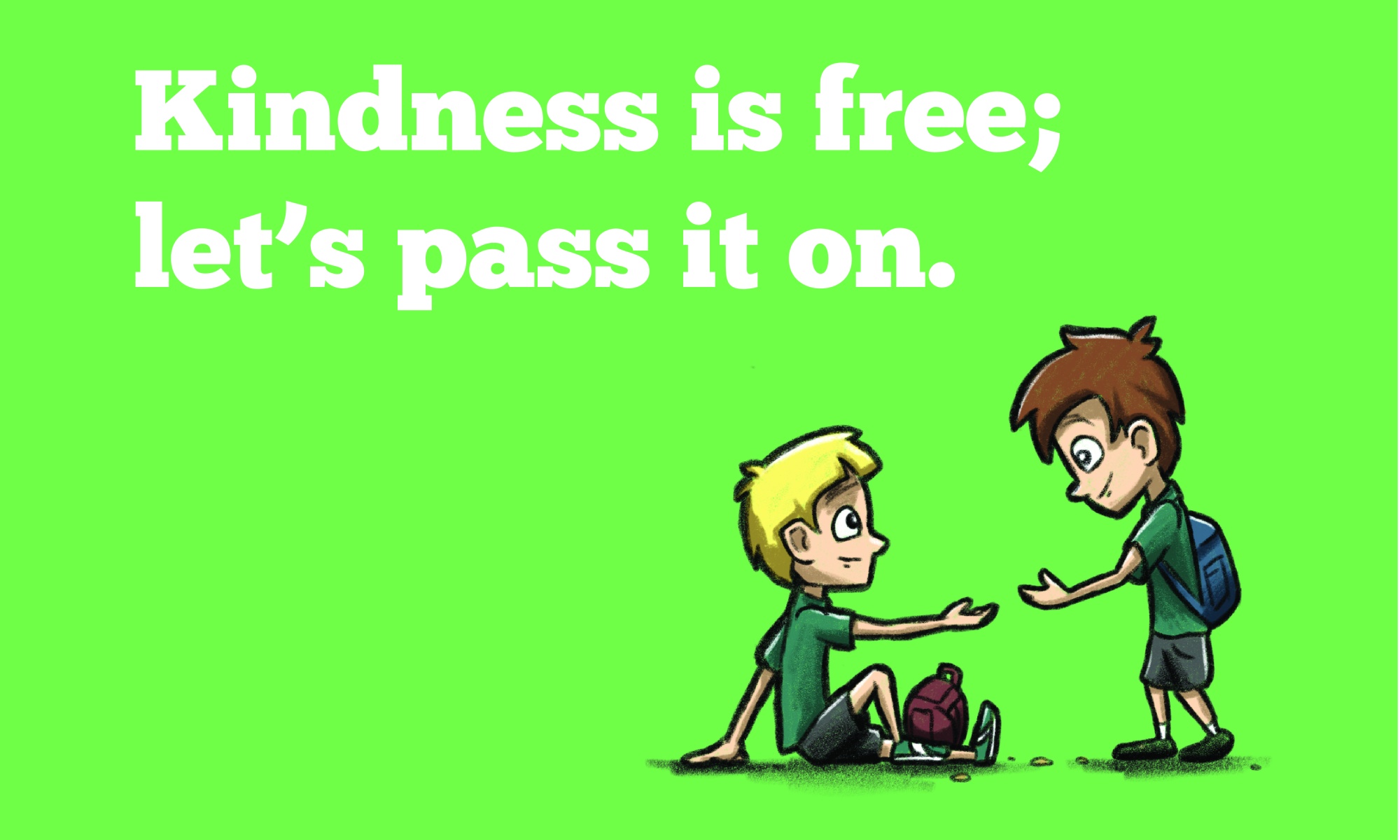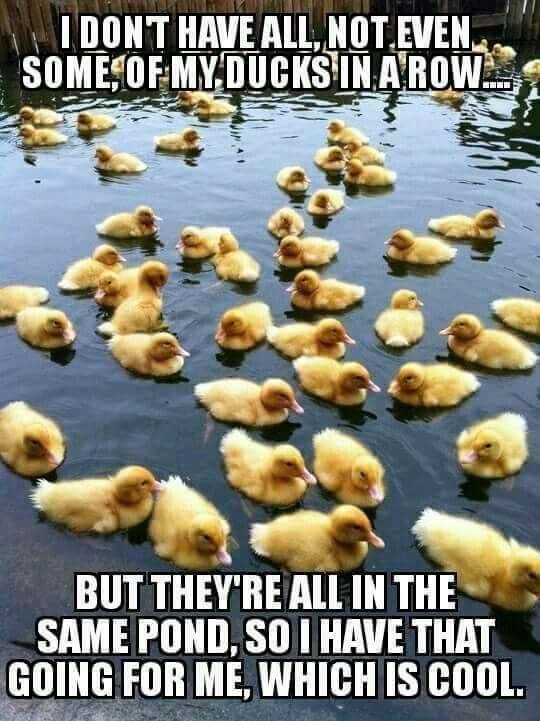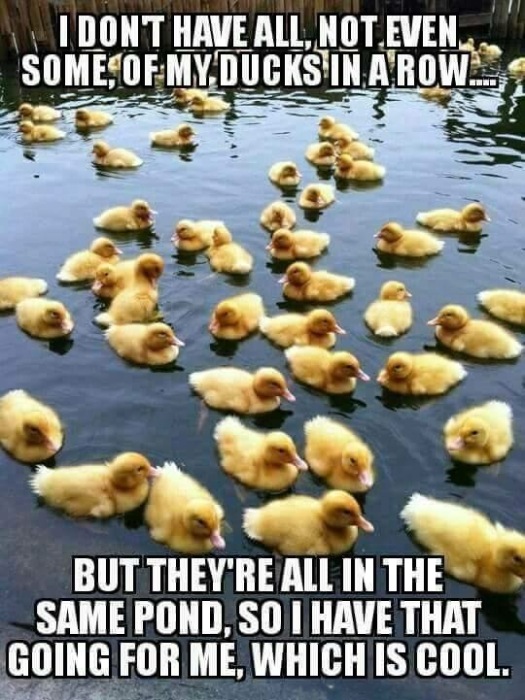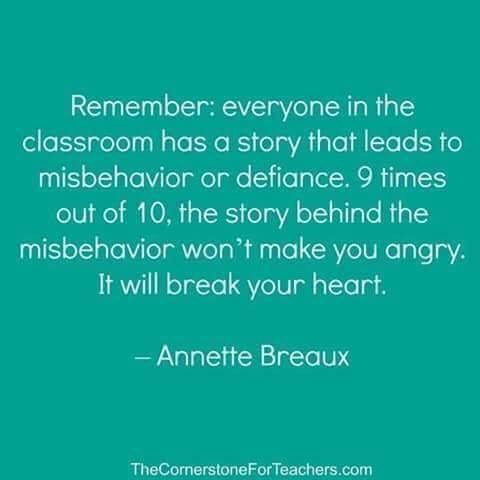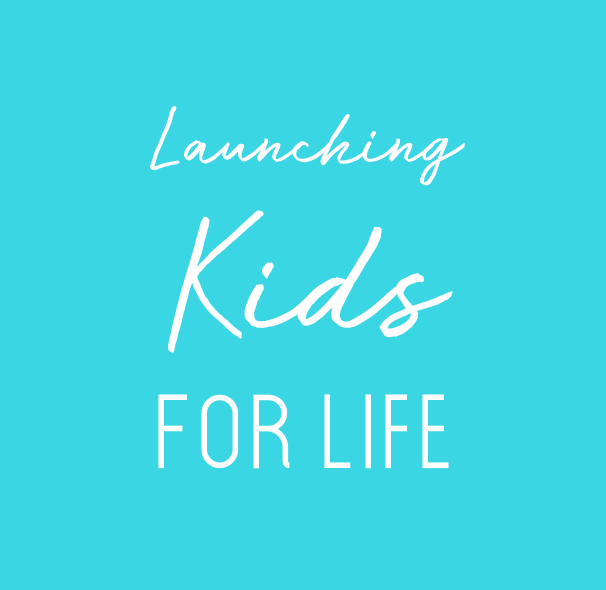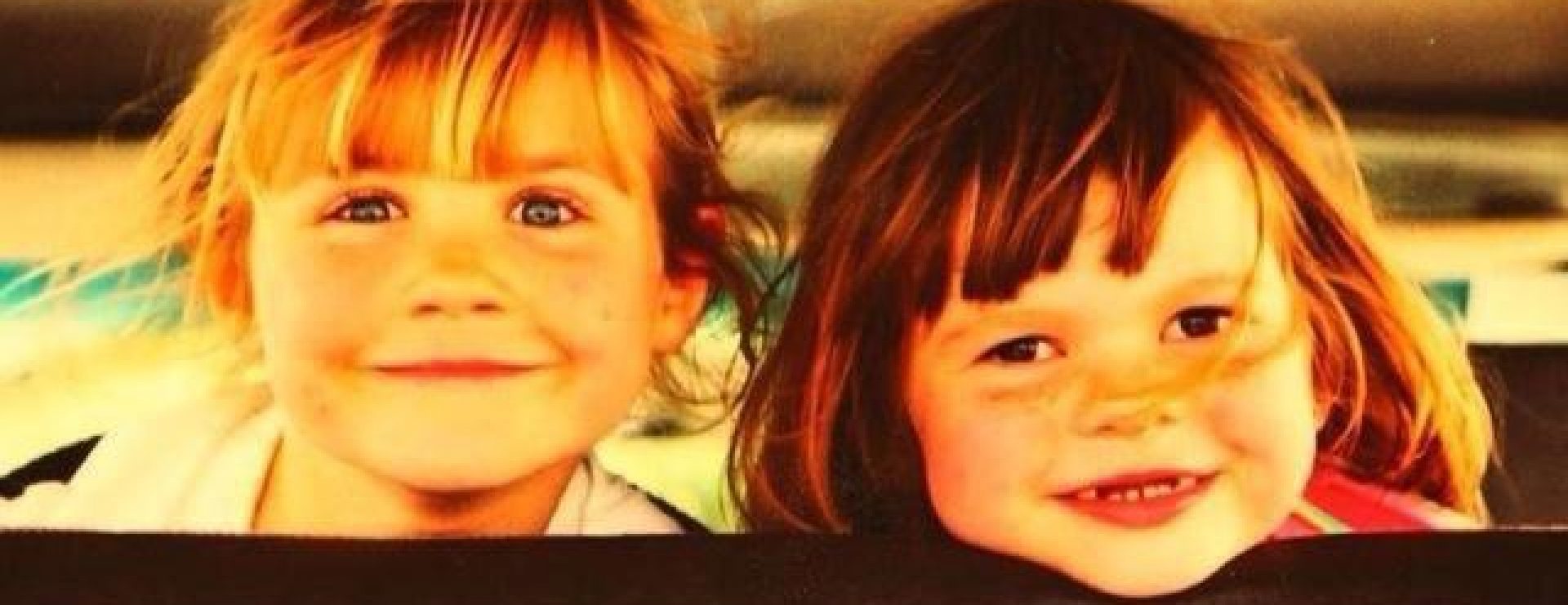It is hard being a child growing up in 2020. Not only is the news filled with world-wide chaos, pandemics, bad news, they have to contend with a tirade of distractions stopping them from just being a child. Whether it’s pressure for the latest phone, video game or clothes, then followed by the social media train of Tik Tok, Snapchat, Instagram, Facebook the list goes on. Being a kid just isn’t that simple anymore.
As parents we are trying to navigate this different world and in the midst of it all our number one goal is to have happy kids. We don’t want to see our precious kids going through any kind of pain or negative emotions for the fear that it will have lasting effects in the form of anxiety or depression long into their adult life.
I agree things that happen to us as children shape and mould us, but not every negative situation moulds us for the worse. Let’s take heart from the words in 1 Peter 1:6-7 where it reads, “In all this you greatly rejoice, though now for a little while you may have had to suffer grief in all kinds of trials. These have come so that the proven genuineness of your faith—of greater worth than gold, which perishes even though refined by fire—may result in praise, glory and honour when Jesus Christ is revealed.”
We shy away from our children going through negative experiences, but it is these very experiences that refine them to be strong, resilient, capable adults. It’s ok to suffer grief, loss, hard ships and trials because these are the very things that can make us strong. The Bible goes as far as saying this refining is the very thing that builds our faith which is worth more than gold.
Writer and speaker in the anti bullying realm writes, “Kid’s need to feel bad sometimes. If you want to shock contemporary sensibilities, tell today’s parents that their little ones need to feel life’s inevitable stings from time to time. Not the kind that crushes their spirit, but the kind that awakens their discernment, increases their understanding, and gives them wisdom about the realities of life.” Child psychologist David Elkind says, “We learn from experience, and we learn through bad experiences. Through failure we learn how to cope.”
Let your children go through stuff. Be there to support them, share your wisdom, love them and care for them, but don’t stop their growth by trying to fix every situation they find themselves in. Don’t rob them from the teacher of experience. Steer them away from blaming others and help them to have power in their lives by mastering their feelings and overcoming their problems. One day they will leave their parents and we need to send them off with the skills to cope with whatever life throws their way.

